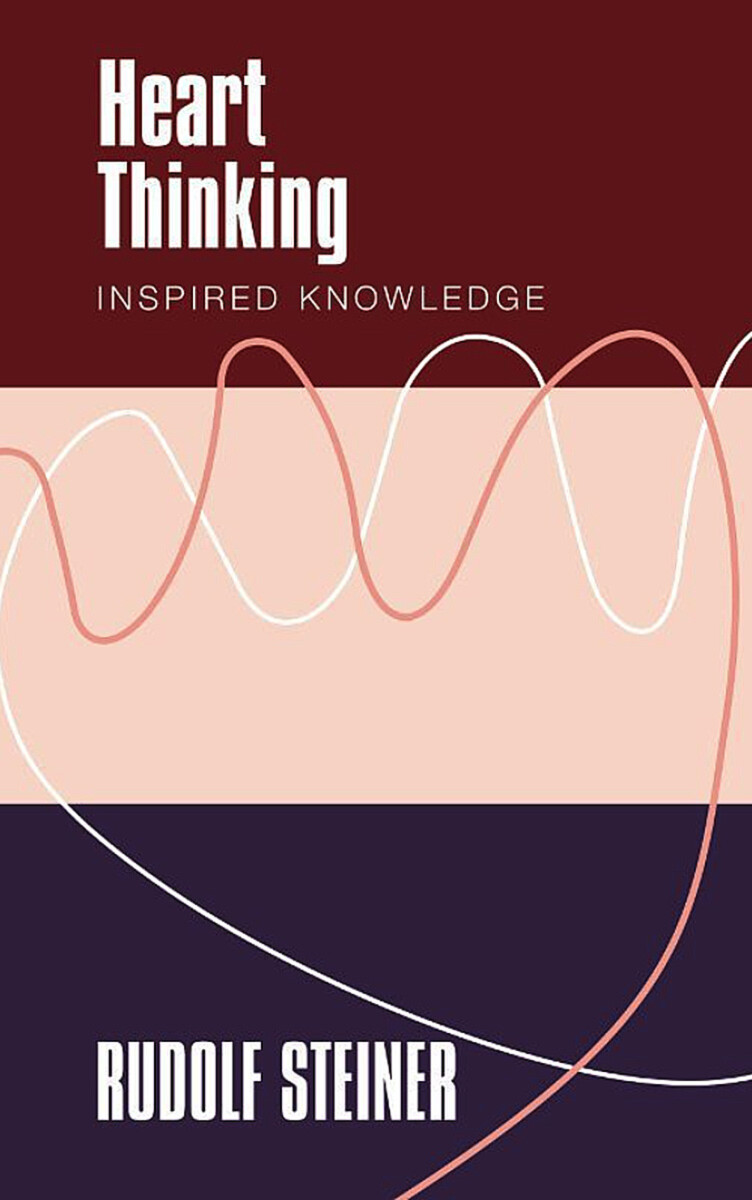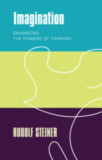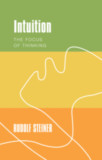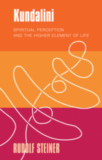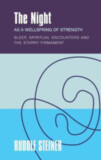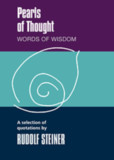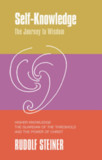Heart Thinking
Inspired Knowledge
Introduction by Martina Maria Sam
Edited by Martina Maria Sam
Translated by Matthew Barton
- Publisher
Rudolf Steiner Press - Published
7th July 2017 - ISBN 9781855845350
- Pages 136 pp.
- Size 5.3" x 8.5"
The concepts of “thinking with the heart,” or EQ (“emotional intelligence”), are often used today, usually in contrast to intellectual thought. When Rudolf Steiner used the phrase “heart thinking,” however, he meant it in a very specific sense.
Drawn primarily from his lectures, the compiled texts in this anthology illuminate his perspective—that heart thinking is intimately related to the spiritual faculty of Inspiration. The heart, he says, can become a new organ of thinking through the practice of exercises that work toward the transformation of feeling, shedding its personal and subjective character.
The exercise sequences presented here call for two fundamental gestures. First, renunciation, extending from extinguishing images engendered in meditation through inner silence to conscious suppression of sensory perception.
The second gesture involves the development of new feelings toward natural phenomena, as well as toward the reports of spiritual-scientific research. By practicing these methods we can attain thinking that is in harmony with the true nature and reality of what we seek to know.
Rudolf Steiner’s texts are collected together by Martina Maria Sam, who contributes a lucid introduction and notes.
This volume is a translation from German of the book Herzdenken: Über inspiratives Erkennen (Rudolf Steiner Verlag, 2014).
C O N T E N T S:
Introduction by Martina Maria Sam
1. Four Soul Habits to Develop Heart Thinking
2. Extinguishing Images
3. The Schooling of Feelings
4. Harnessing the Power of Speech and Inner Silence
5. Inspiration and the Perception of Nature
6. The Nature of Inspiration
7. Four Stages in Soul Development for Thinking in Tune with Reality
Sources
Rudolf Steiner
Rudolf Steiner (b. Rudolf Joseph Lorenz Steiner, 1861–1925) was born in the small village of Kraljevec, Austro-Hungarian Empire (now in Croatia), where he grew up. As a young man, he lived in Weimar and Berlin, where he became a well-published scientific, literary, and philosophical scholar, known especially for his work with Goethe’s scientific writings. Steiner termed his spiritual philosophy anthroposophy, meaning “wisdom of the human being.” As an exceptionally developed seer, he based his work on direct knowledge and perception of spiritual dimensions. He initiated a modern, universal “spiritual science” that is accessible to anyone willing to exercise clear and unbiased thinking. From his spiritual investigations, Steiner provided suggestions for the renewal of numerous activities, including education (general and for special needs), agriculture, medicine, economics, architecture, science, philosophy, Christianity, and the arts. There are currently thousands of schools, clinics, farms, and initiatives in other fields that involve practical work based on the principles Steiner developed. His many published works feature his research into the spiritual nature of human beings, the evolution of the world and humanity, and methods for personal development. He wrote some thirty books and delivered more than six thousand lectures throughout much of Europe. In 1924, Steiner founded the General Anthroposophical Society, which today has branches around the world.


